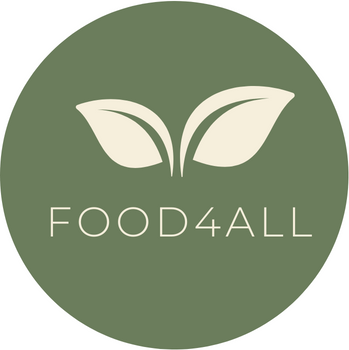- Production and Agriculture:
Pesticide and Chemical Use: Ensuring that pesticides and chemicals used in agriculture are within permissible limits to prevent residues in food.
Animal Health: Monitoring and maintaining the health of animals to prevent the transmission of diseases to humans through meat or dairy products (i.e. zoonotic diseases).
- Processing and Manufacturing:
Sanitation and Hygiene: Maintaining a clean and hygienic environment in processing plants to prevent cross-contamination.
Quality Control: Implementing quality control measures to identify and eliminate any potential hazards during the production process.
- Transportation and Storage:
Temperature Control: Ensuring proper temperature control during transportation and storage to prevent the growth of harmful microorganisms.
Protection from Contamination: Preventing physical or chemical contamination during transportation and storage.
- Retail and Distribution:
Proper Handling: Educating staff about proper food handling practices to minimize the risk of contamination.
Labeling: Ensuring accurate and comprehensive labeling to inform consumers about allergens, expiration dates, and storage instructions.
- Consumer Handling and Preparation:
Safe Cooking Practices: Educating consumers about safe cooking temperatures and practices to eliminate harmful bacteria.
Proper Storage: Instructing consumers on how to store food at home to prevent spoilage and contamination.
- Regulatory Oversight:
Standards and Regulations: Enforcing and complying with national and international standards and regulations to ensure the safety of food products.
Inspections and Audits: Conducting regular inspections and audits of food establishments to verify adherence to safety standards.
